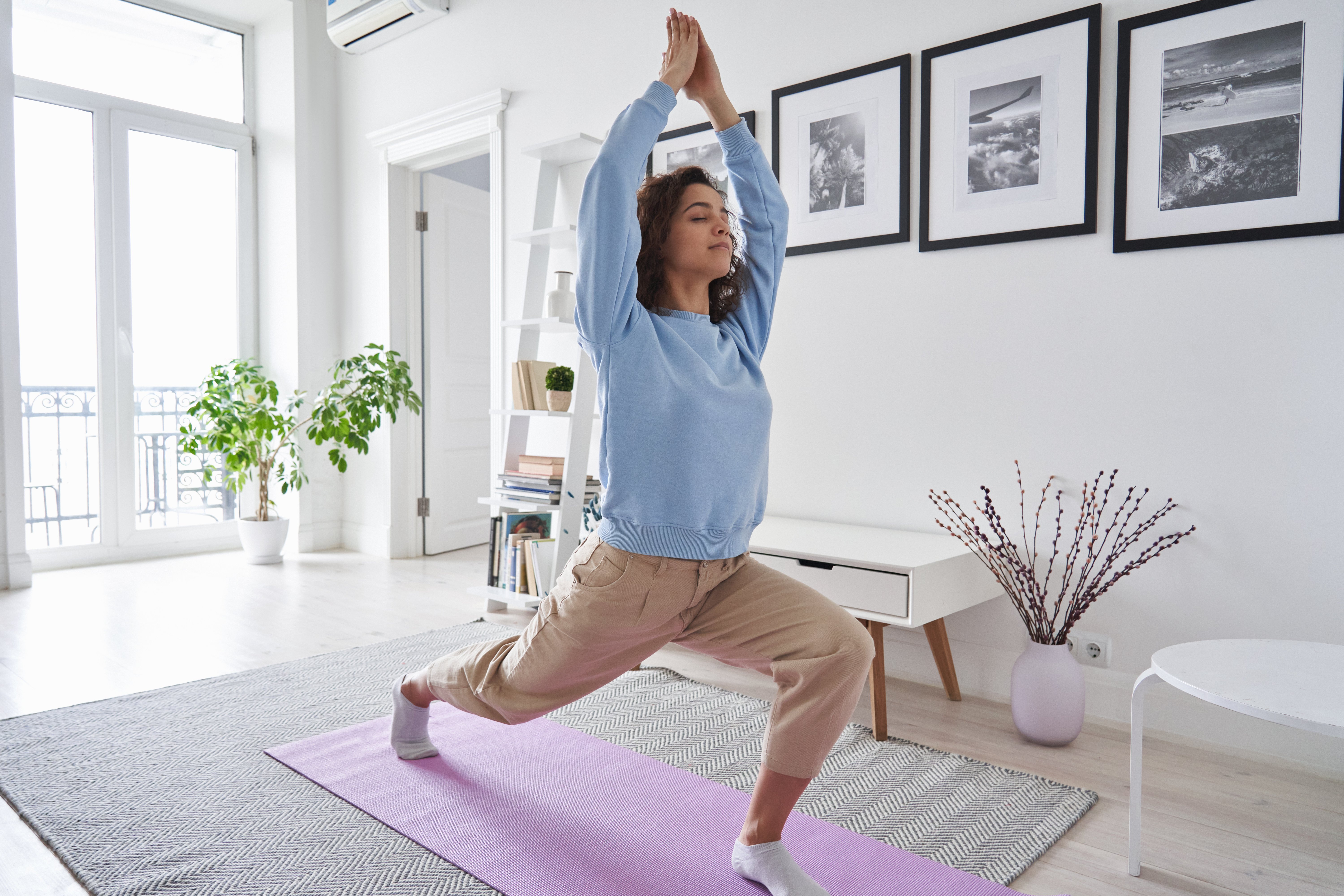- Table of Content
Have you already abandoned your New Year’s resolutions?
That’s OK. You can hit the reset button and start over anytime — even if we’re a few weeks, or even a few months, into the year.
In fact, when you’re resolving to improve your mental health, the best time to start is always the same: right now.
10 New Year’s Resolutions for Better Mental Health
With the idea of starting over in mind, here are 10 ways to improve your mental health. Start with the ideas that suit you best, but try out more than one. Better yet: Add a new resolution every month.
-
Make better resolutions
We tend to blame ourselves when we abandon a New Year’s resolution. But sometimes, it’s the resolution’s fault. It’s true. Vague concepts like “eat better” and “exercise more” don’t mean all that much. The same goes for all those “don’ts” like “Don’t drink too much” or “Don’t work so hard.”
That’s why our first resolution is to make better resolutions. Instead of vague, negative statements, try coming up with some action items: things you can do and know you’ve done. We’ll follow the same advice on the next nine resolution ideas.
-
Eat more real food
Our bodies and our brains crave real food. Real food means bananas, apples, nuts, bread made with whole grain fiber, and unprocessed lean meats—the kinds of foods people had to eat before refrigeration and food canning came along.
Foods that come in a can or a fast-food bag may be cheaper, but they cost more in other ways. For one thing, it takes more processed calories to feel full. And, processed foods can cause all sorts of illnesses that make us less productive and cost a lot to treat.
Not sure where to start? Start somewhere: Grab a handful of nuts instead of a bag of chips. Buy a bag of apples and eat one every day.
-
Find some way to get moving
If you aren’t already physically active, try to find a sustainable way to get yourself moving regularly. If you have time, make an appointment with yourself to walk three mornings or afternoons a week. For best results, find someone you can walk with — a neighbor, family member, or co-worker, for example.
Whether you walk around the block or walk a mile doesn’t matter all that much at first. It’s more important to develop a habit you can sustain.
If you simply don’t have half an hour to spare, we get it. Try to find other ways to work movement into your daily routine: take the steps or park on the far end of the lot (as long as you feel safe). -
Start the day with some deep breaths
Breathing is our most direct connection to our environment. Try holding your breath for two minutes if you don’t believe it. Breathing sustains us and focusing on this connection has some mental health benefits.
When you wake up each morning — before you jump into the shower or dash for the coffee machine — set aside one minute to breathe. Count your breaths. Breathe deeply. It’s a good habit. -
Join a group
Humans seem designed for groups. Most of us will feel more mentally grounded when we’re part of something bigger than ourselves. Being isolated during the pandemic made this clear to a lot of us!
Most communities offer a variety of group activities.
- Libraries host book clubs.
- Shoe stores organize running groups.
- Places of worship provide social gatherings.
- Arts centers form community choirs.
- Libraries host book clubs.
-
Write it all down
Our brains process experiences in many different ways. Writing down your thoughts and experiences offers a great way to speed up our brain’s processing time.
In some ways, the writing process works like a laboratory for our brains. By writing, you can really see how your thoughts interact and what they really mean.
There’s no need for anyone else to see what you wrote. If you want, shred each page as you go.
-
Start reading novels
Most people think they’re too busy to read an old-fashioned book, but novels — especially literary fiction — can help promote better mental health.
Specifically, fiction helps us better see other people’s points of view, and this kind of perspective can help us better maintain relationships which, in turn, improves mental health.
This doesn’t mean you should pick up that classic you hated in the 11th grade. Just stop by a library or bookstore and try out a few opening paragraphs. If something connects, read on. And you don’t have to burn through the book in one week. Try reading a chapter, or at least a few pages, every night before bed.
-
Set a social media off time
Connecting with friends and family online can be good for mental health, but more and more research is showing the negative effects of social media on our brains.
Ideally, when it comes to social media, we should keep the positive aspects but limit the negative. One way to do this is to set limits.
If you can’t do it for your entire family, try doing it for yourself: Set a phone alarm — say for 8 pm. When the alarm goes off, stay off social media the rest of the night. Of course, you can make exceptions when you have a specific need to connect with someone.
-
Learn more about mental health
Mental health is complicated, and it’s a little different for everyone. But, in general, people maintain better mental health when they:
- Keep regular sleeping patterns
- Stay active
- Eat real food
- Limit alcohol and avoid drug use
- Spend time with people they enjoy
Also, finding ways to be grateful, getting enough sunlight, and making time for yourself can help.
Gaining more knowledge about the way our brains work — and developing new habits that put this knowledge into action — opens up more chances to maintain mental wellness. - Keep regular sleeping patterns
-
Know when to seek help
Articles like this one share general advice about mental wellness. When you’re curious about how to live a healthier life—or when you’re a little concerned about your mental wellness and want some new strategies—general advice like this can help.
But if you’re struggling with mental illness or a mental health crisis, you’ll need help from an actual mental health care provider, one who understands your unique challenges and can help you come up with personalized solutions.
Whether you’re dealing with anxiety, grief, addiction, depression, abuse, or loss, help is available.
Where can I find help for my mental health?
Most communities have mental health clinics staffed by caring professionals. If you’re not sure where to find help, ask your general practitioner or search for qualified mental health clinics online.
In Greensboro and High Point, Mental Health Associates of the Triad provides outpatient mental health care.
A lot of people need mental health care. In fact, statistics from the National Institutes of Mental Health estimate that about 1 in 5 Americans will experience some form of mental illness in their lifetimes.
We assist hundreds of patients every year through coping skills, life strategies, behavior modification, and medical treatment.
Contact us here to make your appointment.
Reviewed by Karen Rudd, LMFT, LCAS



